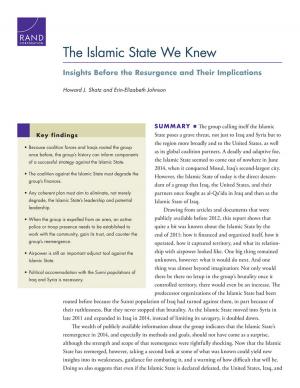Rethinking Counterinsurgency
RAND Counterinsurgency Study--Volume 5
Nonfiction, Social & Cultural Studies, Political Science, International, International Security, Science & Nature, Technology, Military Science| Author: | John Mackinlay, Alison Al-Baddawy | ISBN: | 9780833044853 |
| Publisher: | RAND Corporation | Publication: | April 30, 2008 |
| Imprint: | RAND Corporation | Language: | English |
| Author: | John Mackinlay, Alison Al-Baddawy |
| ISBN: | 9780833044853 |
| Publisher: | RAND Corporation |
| Publication: | April 30, 2008 |
| Imprint: | RAND Corporation |
| Language: | English |
During the period of decolonization in Asia and Africa, the United Kingdom faced more insurgent activity than any other Western power. British government officials and military forces proved proficient at defeating or controlling these rebellions. However, these uprisings were much less complex than the modern jihadist insurgency. Past insurgent movements were primarily monolithic or national in form, had very specific local goals, and derived most of their power from the local population. These limitations made past rebellions vulnerable to strong military responses. In contrast, the modern jihadist insurgency is characterized by its complex and global nature. Unlike past insurgent forms that aspired to shape national politics, the jihadist movement espouses larger thematic goals, like overthrowing the global order. The modern jihadist insurgency is also more global in terms of its popular support and operational territory. It makes far better use of communications technology and propaganda to reach the minds and hearts of global audiences. The contemporary international security environment has therefore become a frustrating place for Western powers. Despite great technological and military advances, British and U.S. counterinsurgency (COIN) operations have been slow to respond and adapt to the rise of the global jihadist insurgency. Operational failures in Iraq and Afghanistan have highlighted the need for the West to rethink and retool its current COIN strategy. After analyzing past British COIN experiences and comparing them to the evolving nature of the modern jihadist insurgency, the authors suggest a new framework for future COIN operations.
During the period of decolonization in Asia and Africa, the United Kingdom faced more insurgent activity than any other Western power. British government officials and military forces proved proficient at defeating or controlling these rebellions. However, these uprisings were much less complex than the modern jihadist insurgency. Past insurgent movements were primarily monolithic or national in form, had very specific local goals, and derived most of their power from the local population. These limitations made past rebellions vulnerable to strong military responses. In contrast, the modern jihadist insurgency is characterized by its complex and global nature. Unlike past insurgent forms that aspired to shape national politics, the jihadist movement espouses larger thematic goals, like overthrowing the global order. The modern jihadist insurgency is also more global in terms of its popular support and operational territory. It makes far better use of communications technology and propaganda to reach the minds and hearts of global audiences. The contemporary international security environment has therefore become a frustrating place for Western powers. Despite great technological and military advances, British and U.S. counterinsurgency (COIN) operations have been slow to respond and adapt to the rise of the global jihadist insurgency. Operational failures in Iraq and Afghanistan have highlighted the need for the West to rethink and retool its current COIN strategy. After analyzing past British COIN experiences and comparing them to the evolving nature of the modern jihadist insurgency, the authors suggest a new framework for future COIN operations.















